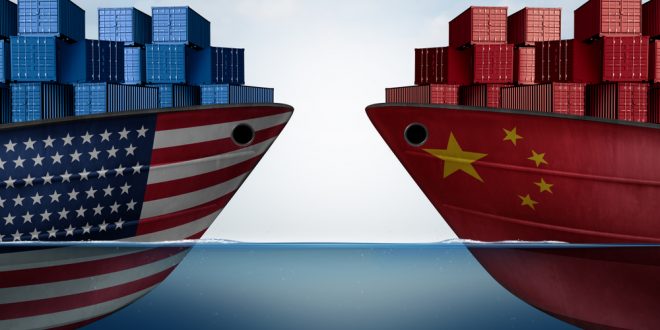This week, senior American trade officials will meet with China’s Minister of Commerce Wang Wentao in the US. The meetings will be another attempt by the two largest economies in the world to warm chilly bilateral relations. Beijing said on Thursday that Wang Wentao plans to use his trip to the United States to try to reopen trade negotiations with his American counterparts. He will meet with Katherine Tai, the US Trade Representative, and Gina Raimondo, the US Secretary of Commerce.
The Chinese and US parties will exchange information on China-US economic and commercial relations as well as matters of mutual interest. Wang and Raimondo would meet in person for the first time since the latter’s inauguration in 2021.
The discussions are anticipated to focus on economic concerns following the presidents Xi Jinping and Joe Biden’s Bali agreement in November to improve contacts on a variety of subjects, including trade. This time, discussions are more likely to focus on practical issues like lowering tariffs, which would mostly benefit the US.
Any improvement in relations would probably start in economic and trade areas as the two countries’ relationship started to worsen in 2018 when the US-China trade war got underway. As the head of the China-US Comprehensive Economic Dialogue at the time, Liu He met US Treasury Secretary Janet Yellen in January as an icebreaker.
However, the momentum was stopped when a purported Chinese surveillance balloon entered US airspace in February 2023. Due to this incident, US Secretary of State Antony Blinken decided to postpone his trip to China. The March trip to China by Raimondo was also postponed.
Although the visit by the Chinese minister to the United States is definitely a positive first move, Wang’s talks with Tai and Raimondo won’t stop the deterioration of bilateral ties. The fact that the two nations have national strategies that are mutually contradicting must change.
Beyond the economic dispute, tensions between China and the US have intensified into a generalized strategic rivalry and competitiveness, particularly in the field of high technology. Beijing prohibited Micron Technology, the largest US memory chip manufacturer, from selling its products to sensitive as well as to critical information infrastructure operators in China, citing “severe national security risk. The relevant cybersecurity review is a necessary measure to safeguard China’s national security. Enterprises from all countries and all kinds of products and services are welcomed to the Chinese market as long as they comply with the requirements of Chinese laws and regulations.
The penalties against Micron, according to US analysts, fueled the Western desire to de-risk from China and was incompatible with bettering investment and commercial relations. Similarly, excluding China from international supply chains develops strategic mistrust and promotes the idea of self-reliance in China.
 Noor Trends News, Technical Analysis, Educational Tools and Recommendations
Noor Trends News, Technical Analysis, Educational Tools and Recommendations





